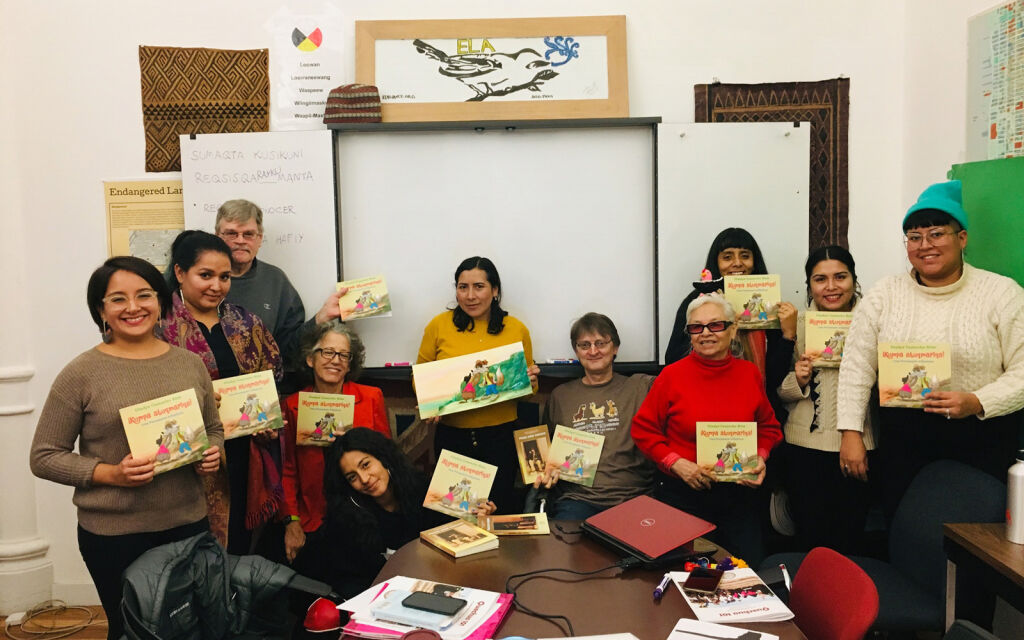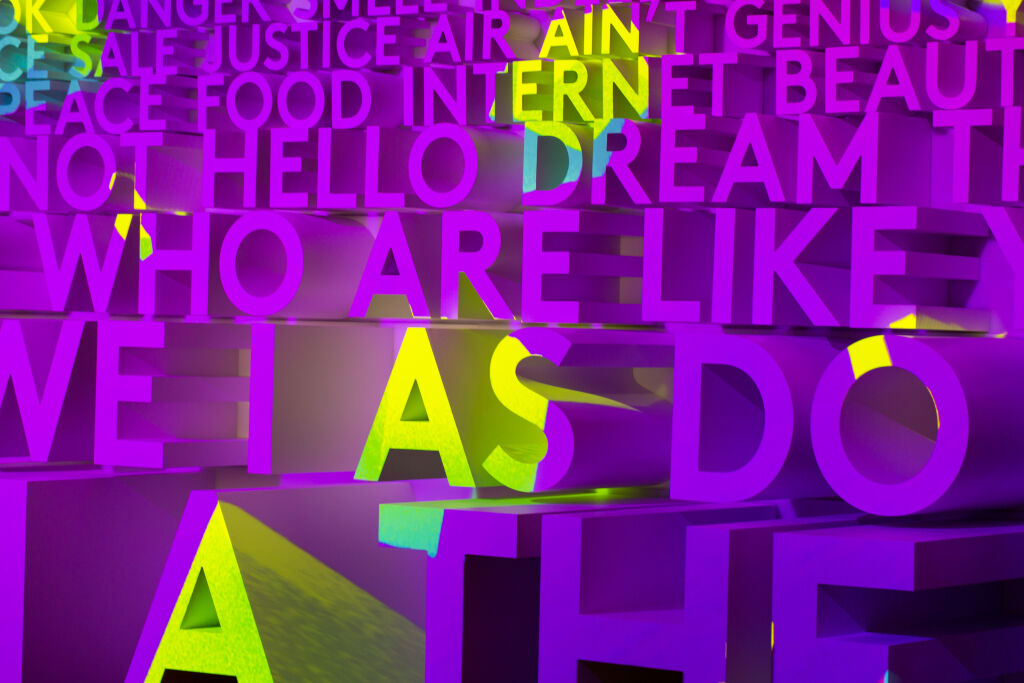Talking Black in America: Q&A with Walt Wolfram
African American English is one of the most controversial language varieties in the United States. Its speakers are often criticized as speaking “bad English,” but its rappers, musicians, poets, and performers have driven countless musical innovations and pop culture trends in the United States. A new documentary, Talking Black in America, tells the complicated story of African American English through interviews with linguists and conversations with native speakers. We asked the film’s executive director, linguist and Planet Word advisor Walt Wolfram, some questions about the influence of African American English and the most common misconceptions surrounding the language variety.
Q: The documentary, Talking Black in America, tackles the biggest misconception about African American English: that it’s simply “bad English.” People point to sentences like “he crazy” or “she be talking” as “mistakes,” but the film’s experts show that such phrases follow sophisticated grammatical rules. What other misconceptions do people have about this language variety?
A: Though the impression that African American language is just a “collection of speech errors” is probably the most widely-held misconception, we try to confront a number of other ones, too. For instance, one common misconception is that all African Americans speak alike—the homogenization myth. There is as much regional, social, educational, stylistic, and individual diversity in African American speech as there is in any of the dialects of European Americans in the United States, notwithstanding some common features shared by vernacular speakers because of the peculiar history of African American speech.
The history of African American speech shows its orderly progression from a contact-based variety of English that developed in West Africa and the Caribbean during the Middle Passage to its systematic development in the rural South and its contemporary development in segregated urban enclaves of the North. One of the most surprising aspects of African American speech in the twentieth and twenty-first century, however, is the fact that the vernacular variety has been diverging from, rather than converging with, neighboring white varieties. This is due to persistent demographic segregation in urban regions and the role of language as a marker of black identity.
Q: The documentary includes interviews with teachers about African American English in the classroom. How does this language variety interact with Standard English in American schools?
A: In reality, African American English is a resource that students bring to the classroom, just as students who speak another language bring that knowledge when they come to school. If viewed as a systematic, authentic language system, rather than an unworthy approximation of Standard English, it can have a role in verbal expression that complements varieties of mainstream or Standard English.
“Respect for indigenous language varieties is NOT antithetical to learning the standard varieties of English.”
Respect for indigenous language varieties is NOT antithetical to learning the standard varieties of English used in most official capacities or formal settings in the United States; in fact, research indicates that students who learn about the linguistic legitimacy of their community dialect will actually learn standard varieties more effectively and confidently.
Q: How did hip hop and rap grow out of African American English?
A: Hip hop, rap music, and spoken word demonstrate the creative language skills of African American performers as well as the linguistic dexterity of everyday speakers in American society. These are skills that are often learned routinely as a part of growing up in the African American community. At the same time, some speakers develop these skills into creative performance routines.
As Dr. Arthur Spears, one of the linguistic experts in the film notes, “Why do kids growing up in the black community have to become skilled at language use? If you can’t defend yourself verbally, growing up in a traditional black community, then everybody else picks on you. You can think of them as verbal defenses. I prefer to think of them as verbal skills.”
At another point in the film, rapper Quest M.C.O.D.Y. observes “there are probably more people that would have been English majors or writers in hip-hop than there is in any other genre. Just the usage of words, like metaphors, similes, double entendres, triple entendres.” Clearly, the verbal ability of rappers and hip-hop artists is a testament to the high level of verbal skill and artistic expression mastered by these performers.
Q: Are you satisfied with the way African American English is depicted in other media—television shows, movies, etc.?
A: Television, movies, and other media show a great range of representation in their depiction of African American speech. While there are some skilled performers whose speech represents authentic voices in the black community (rappers like Nas and 50 Cent, actors like Denzel Washington in Fences), there is the constant risk of reducing African American speech to a half-dozen stereotypical features that are devoid of the prosodic nuance and the full range of detailed pronunciation, grammatical, and lexical features that make it authentic. Like any other dialect, a few lessons with a dialect coach won’t make the dialect performer sound like a genuine speaker from the community. The most authentic performers of the vernacular are, in fact, those African Americans whose personal experience has been embedded in the community dialect.
Q: What is the most important thing you want viewers to take away from Talking Black in America?
A: The takeaway message from Talking Black in America is that the varieties of English spoken by African Americans deserve respect and recognition. The dialects exhibit highly structured patterns that demonstrate a linguistic legacy rooted in the past and present experiences of African Americans in our society. Furthermore, the language traditions of African Americans have, in fact, contributed more to the shape of contemporary American English than any other variety while producing some of the most skillful and accomplished language performers in the world.
Talking Black in America will be shown at Georgetown University on September 22 at 3:30 pm. Visit the Language and Life Project website to see when there will be screenings in your area.
 Walt Wolfram directs the North Carolina Language and Life Project at North Carolina State University, where he is also a professor of linguistics. He serves on the Planet Word Advisory Board.
Walt Wolfram directs the North Carolina Language and Life Project at North Carolina State University, where he is also a professor of linguistics. He serves on the Planet Word Advisory Board.


